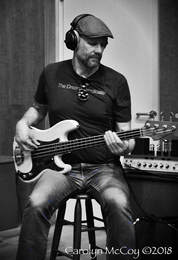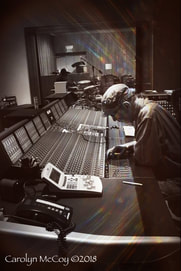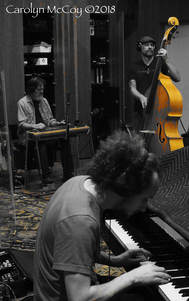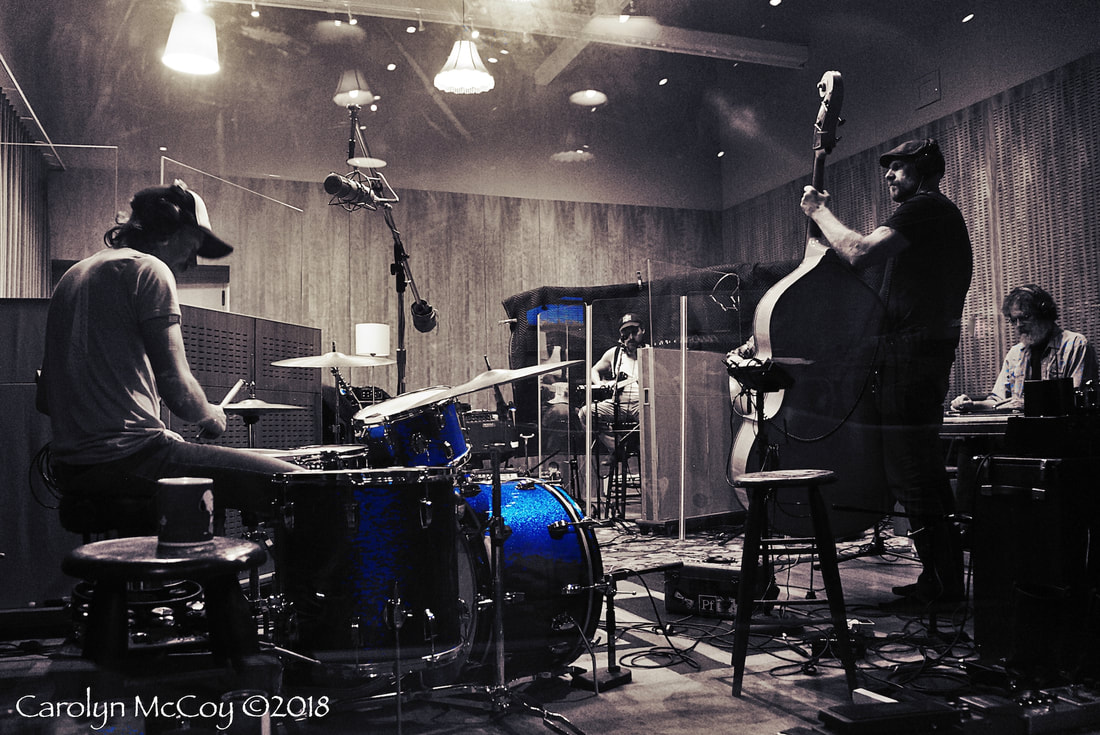
But I beg to differ. When I listen to music, I think long and hard about who made it, who wrote the songs, what they were thinking when they came up with this or that lyric and what sort of technical process was used in making those songs immortalized forever in an MP3, compact disk or vinyl.

It’s not like live music either, where the artists or bands can be free to jam or improvise and make mistakes with a chuckle or grimace from their band mates. Making mistakes is not really an option when you are paying top dollar for your engineer and the time in the studio.

Even with today’s amazing technological advances in sound recording, where songs can be spliced and diced and half-second licks can be replaced at the click of a button, recording an album of 5-10 songs can sometimes take weeks or months to finish.

But most musicians are striving to create a physical format where their music can be easily distributed to their waiting fans, so to them, all the hard work pays off when people buy the albums they have worked so long and hard to create.
So maybe think about all this next time you pop in a CD or flip over your vinyl. Hopefully you will have a deeper and more profound compassion and knowledge of what it takes to make the music you love.

 RSS Feed
RSS Feed
